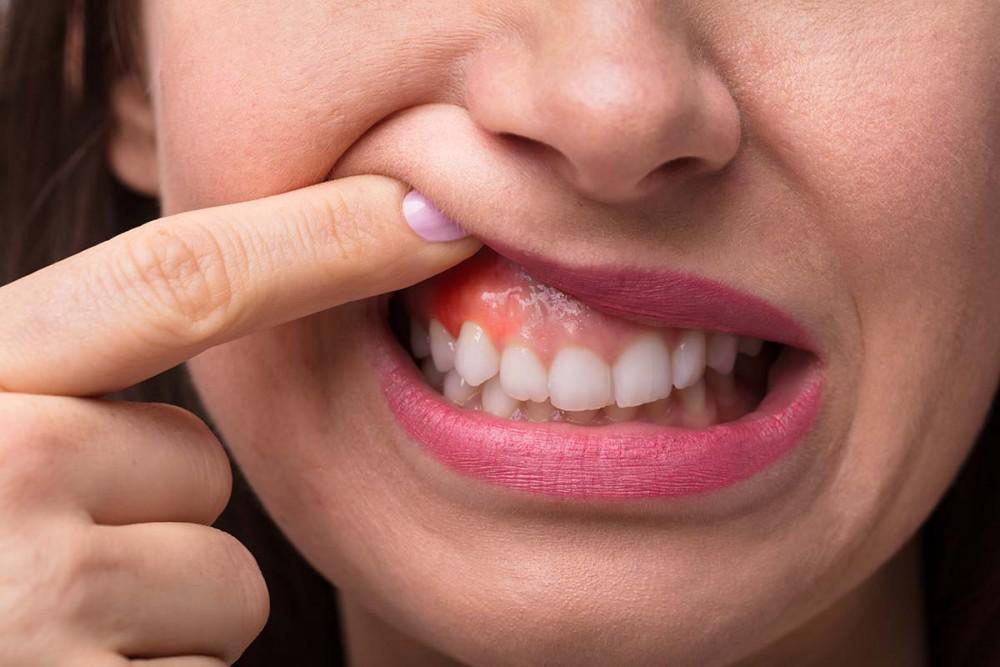
Gum disease or periodontal disease is a common condition that can cause serious health complications in your mouth. If left untreated, gum disease may lead to tooth loss, stroke, and heart attack. Luckily, there are many things you can do to prevent this from happening.
First of all, it is essential to have a periodical dental exam from a Dentist in St Clair Shores, MI, for early detection. Another key factor is to maintain a healthy diet. You should avoid tobacco, sugar, and soft drinks as much as possible and keep your teeth properly cleaned at regular intervals. If you are pregnant or have heart disease, take extra care of your gums and teeth, which make you more susceptible than usual to gum disease.
Here are 6 important tips to prevent the risk of developing gum disease.
- Maintain good oral hygiene
For oral hygiene, use a soft-bristled toothbrush and fluoride toothpaste to brush at least twice a day. Use floss or dental tape to clean between your teeth at least once a day, and don’t forget to visit your dentist regularly for professional cleaning. Maintaining good oral hygiene is the first important step to preventing gingivitis and gum disease.
- Increase your Vitamin C intake
Vitamin C is one of the best natural remedies to prevent gum disease. It contains powerful antioxidants that can prevent oxidative stress, which is one of the major causes of gum disease and tooth decay. As an easy way to boost your Vitamin C intake, eat citrus fruits like lemons, oranges, and grapes.
- Try to quit smoking
Nicotine in cigarettes has a strong destructive effect on supporting tissues in your mouth. If you are a smoker, it is essential to quit smoking as soon as possible. Remember, quitting smoking reduces your risk of gum disease by up to 80 percent.
- Follow a healthy diet
Good eating habits, especially when it comes to your diet, can help prevent gum disease. Eat a healthy diet with plenty of fresh fruits and vegetables, and try not to worry about eating a lot of sugar-containing foods.
- Stay hydrated
There are many benefits to staying hydrated, especially when it comes to oral health. Drinking enough water ensures a healthy amount of saliva in your mouth and keeps your gums moist.
- Have regular dental checkups
To detect and prevent gum disease, you should schedule regular dental checkups with your dentist even if you feel perfectly healthy. If your gums bleed or swell after brushing or flossing for the first time or when you have no noticeable symptoms of gum disease, you should get a checkup from your dentist.






